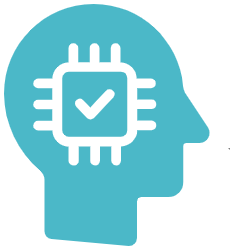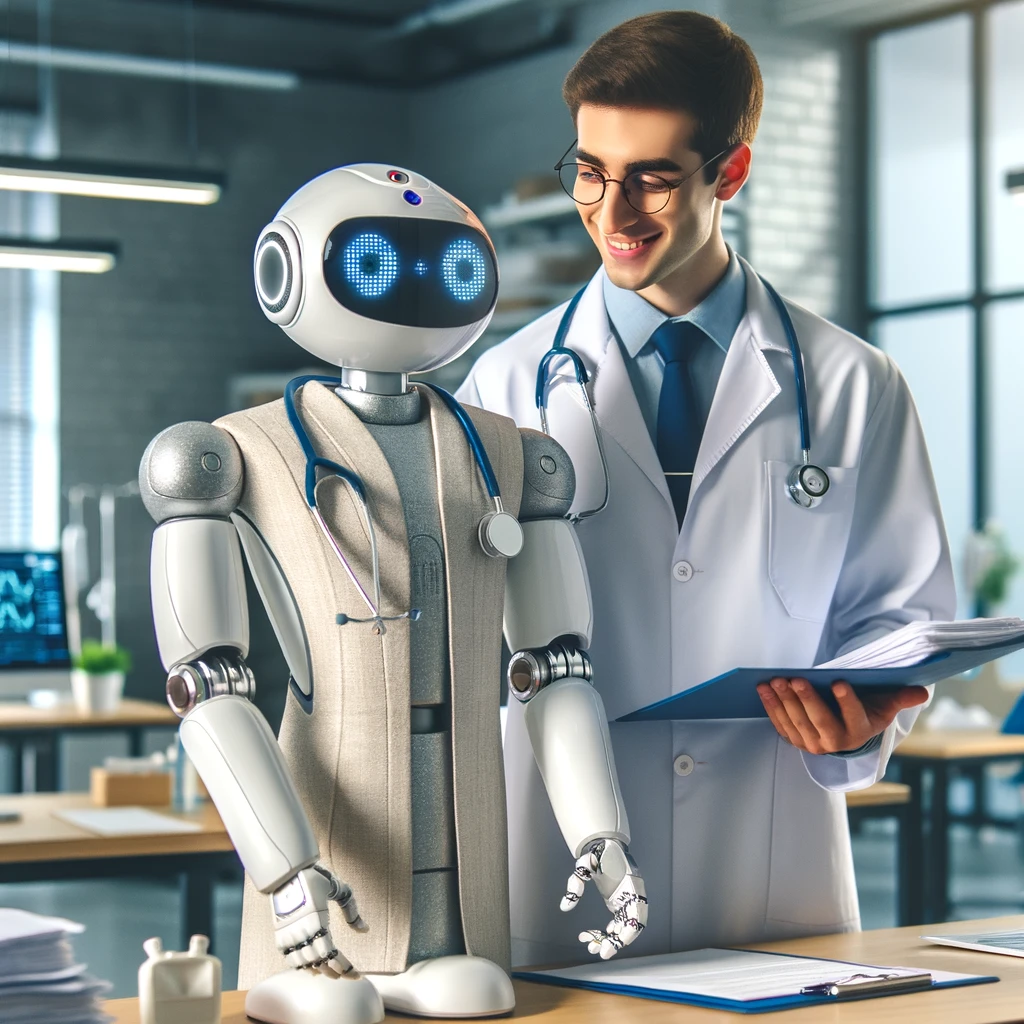Artificial Intelligence (AI) is all the rage these days, especially after ChatGPT came around in November 2022. Created by OpenAI, ChatGPT is a smart chatbot that learns how to chat more like a human every time someone uses it. Since it showed up, lots of different job areas, including healthcare, are thinking about how they might use ChatGPT and other AI tools to make things better.
In the world of doctors and hospitals, AI is starting to make a big splash. Healthcare experts are exploring how AI can help in many ways, like keeping track of patient histories, planning treatments, figuring out what someone might be sick with based on their symptoms, and even helping with everyday tasks like making appointments and organizing patient care. But, just like with any new tech, there are some hitches and things to be careful about when using AI in healthcare.
One big worry is about keeping patient information safe, as per the rules of something called HIPAA. This rule makes sure that certain organizations keep patient data private and secure. OpenAI, the folks behind ChatGPT, have said they’re careful not to use any private info for improving ChatGPT unless someone says it’s okay. They’re also open to making official agreements to follow HIPAA rules, but only if these agreements are in place, using ChatGPT with patient data is okay.
Another point to watch out for is that sometimes ChatGPT might get things wrong or mix up facts. So, any info it gives out, especially in health care, needs to be double-checked by a real expert. OpenAI even says that anyone using ChatGPT in areas like medicine should let people know that AI is being used and that it might not be perfect.
Healthcare places can keep on the right side of HIPAA by making rules about how and when their staff can use AI tools like ChatGPT. They might allow it for certain needs but only after making sure the staff knows what to watch out for. They also need to think about whether they should have a special agreement with OpenAI.
If healthcare providers decide to use ChatGPT, they should take extra care to keep patient data safe, like encrypting the data and making sure only the right people can see it. They can also use special AI tools designed to work with healthcare data safely. And, it’s smart to remove any personal details from health data before using it with ChatGPT to keep patient privacy intact. Lastly, it’s crucial to keep everyone in the loop about AI’s limits to avoid any mistakes.
AI can definitely make healthcare smoother and improve patient care, but it’s essential to use it wisely, especially when it comes to protecting patient privacy.

